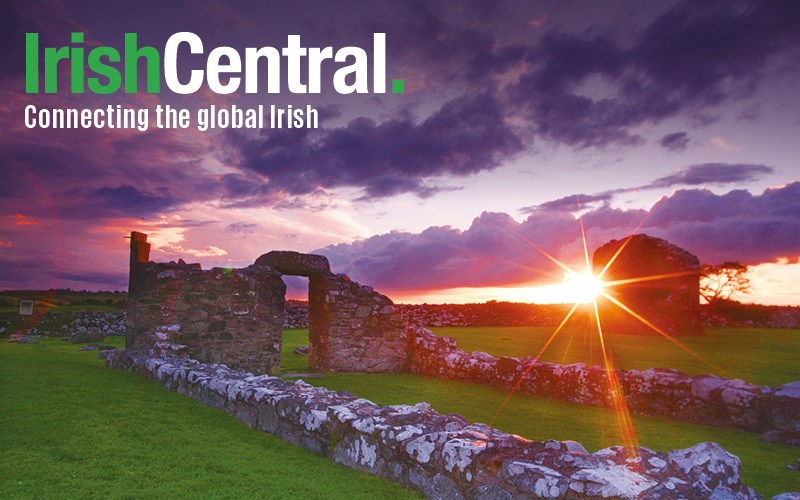Joanne O'Riordan, the Irish woman born with no limbs, has urged mothers-to-be who find out their unborn child has a disability to think carefully before opting for an abortion.
The Cork disability activist, who is just one of seven people worldwide living with Tetra-amelia syndrome, insisted she herself would not have an abortion if she was going to have a baby and found out the unborn child had the same condition she has.
And the 20-year-old, who starred in the 2014 No Limbs, No Limits documentary, said her own experience of being raised in a loving and happy family environment proves that the positive aspects of growing up with a disability far outweigh the negatives.
"Honestly, abortion is not for me. It's not my choice, but I would not deny the choice to any other women at the same time,” she says.
“I would not do it [have an abortion], simply because I know what it's like to be born with no limbs and I know the positives you can have on it.
"When you go to the doctor, if you're told your child is going to be born with a disability, a lot of the time you're told the negative aspects of it. You're told, 'This child is going to have so much care, this child is going to cost you hundreds of thousands, this child is going to be a burden on the state, this child is going to be blah, blah, blah,' "What the doctors or society do not tell you is this child is going to fulfill your life, this child is going to love you just as much as any other child would love you."
O’Riordan, who first made headlines as a teenager in 2011 when she publicly challenged the government on cuts to people with disabilities, was speaking in a pre-recorded interview with Gay Byrne.
As successive polls continue to show consistent majorities in favor of repealing the Eighth Amendment which bans abortion, she said she herself would have been classed as a “fatal fetal abnormality” before she was born.
"There wasn't much research done on children with no limbs. Children with no limbs actually aren't fatal, they just have no limbs,” she said.
“You know, that's the problem and I think that's the problem sometimes with doctors and medicine, it's that once they see a problem with your child, immediately they're thinking the worst case scenario.
"Immediately their minds are flicking towards, you know, the chances are this child won't survive, it's better for you to save yourself the heartache and what-not. And, as I said, if people use the right language, if people look at the pros as well as the cons, there's cons to everything in life.”




Comments